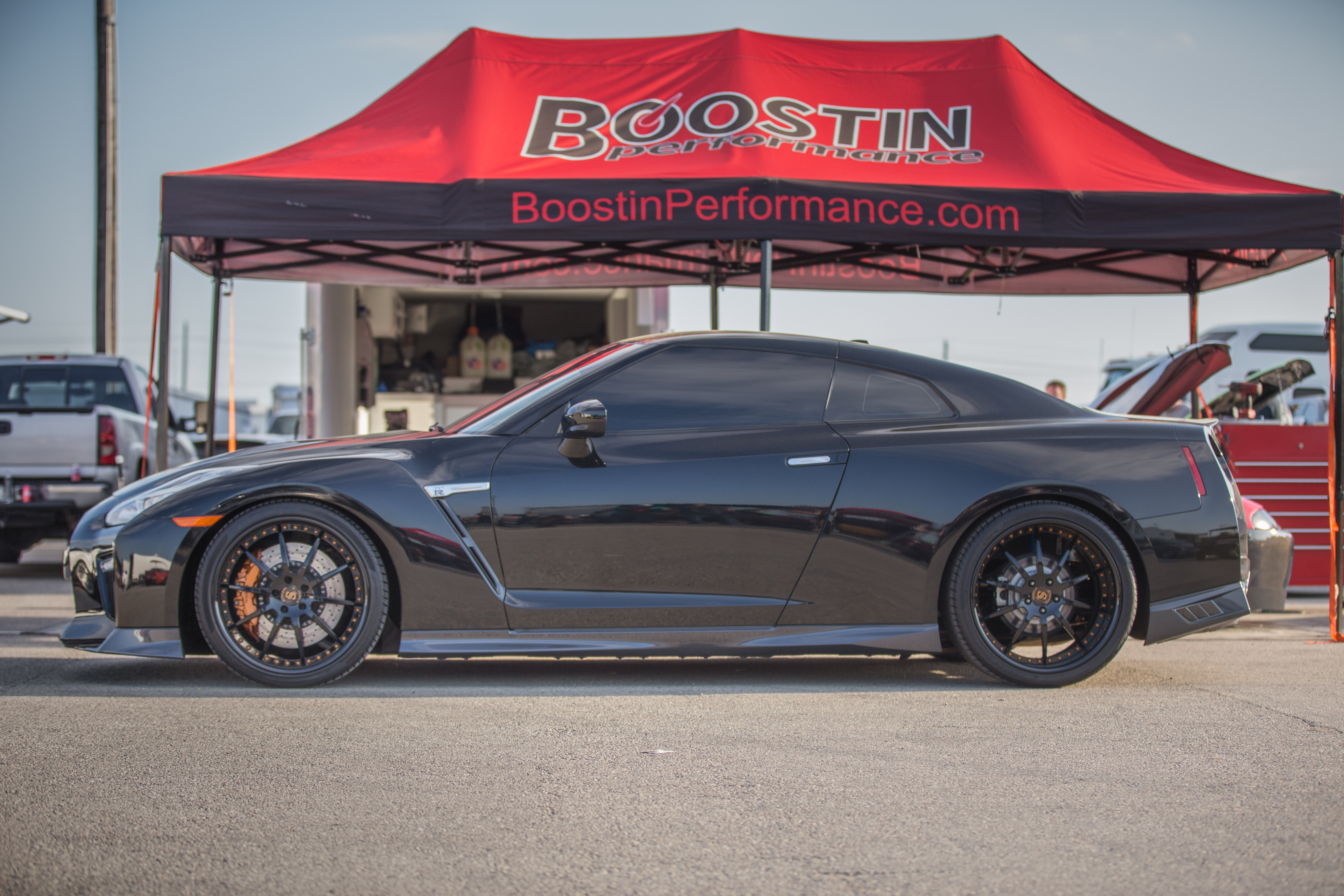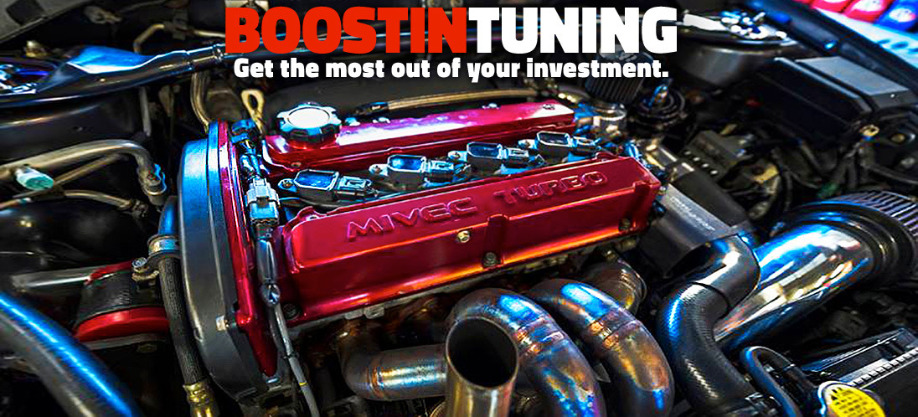The Advantages of a Standalone ECU
Apr 12th 2022

Why Choose a Standalone ECU Over a Stock or Piggyback ECU
Unless you're working with a carbureted setup and a distributor, your vehicle most likely uses an engine control unit (ECU) to get your engine to run. It determines everything from spark timing to fuel input, using incredibly precise timing to optimize how your engine runs in a wide variety of conditions.
While your factory ECU is an incredible piece of technology, it's not without its limitations. Those seeking significant performance gains will quickly run into the roadblock that is their stock ECU. And, being that your vehicle's ECU is such an integral component of your vehicle, it's important you make the right choice when deciding which aftermarket option is best for your build. There are many factors to consider when choosing an aftermarket ECU, so let's get started finding the right one for you.
What Is an Engine Control Unit (ECU)?
As you might guess, a vehicle's engine control unit is responsible for controlling the engine. Engine inputs like metered air, temperature readings, and 02 readings are sent to the ECU and assessed through equations and maps (which you can think of as data tables or charts) to determine the fuel input and spark timing. Whereas carburetors rely on physics to pull in the right amount of fuel to the engine and a distributor to time ignition, ECUs calculate the right amount of fuel to be delivered by the electronic fuel injection system, and the timing of the ignition system to more precisely control the engine.

What Is a Standalone ECU?
A standalone ECU serves all of the basic functions of a factory ECU while offering additional adjustability, perfect for integrating aftermarket parts and tunes. Unlike the typical stock counterpart, a standalone ECU can accept additional inputs and send out additional outputs. Not only that but a standalone ECU can be tuned incredibly precisely, which can't be said for all factory ECUs.
As you continue to modify your vehicle, you don't want to be implementing parts that'll limit you in the future and that you'll end up replacing if you can avoid it. A standalone ECU is the most adjustable and modification-friendly type of ECU, making it the best choice for moderately to heavily modified vehicles.
What are the Benefits of a Standalone ECU?
The biggest reason you might want to equip your build with a standalone ECU would be its general flexibility. They can accept additional inputs from both existing and new sensors (pressure, temperature, flex-fuel) and send outputs to existing and new parts (injectors, valves, etc.), all with virtually infinite adjustability. Older engines especially can be updated to have more modern functionality thanks to a new ECU.
Some of the key benefits of a standalone ECU include:
• Data logging
• Launch control
• Traction control
• Can be tuned in real time
• The best choice for the long-term of your build
A standalone ECU can also help implement new functionalities like 2-step and no-lift shifting, which can make significant differences in turbocharged setups. A standalone ECU can also eliminate the need for a boost controller because it is capable of the same functionality.

Standalone ECU Vs. Piggyback ECU
Another option among aftermarket ECUs includes piggyback ECUs. While standalone ECUs replace the existing factory ECU, piggyback ECUs work in conjunction with the factory ECU. They work by augmenting the inputs and/or the outputs of the factory ECU to achieve the desired result. Essentially, piggyback ECUs trick the factory ECU into producing the desired outputs.
While that may sound perfectly fine, piggyback ECUs come with their limitations, too. They're limited in what they can tune, limited in their compatible engines, and limited with what they can control. Piggyback ECUs can only trick the factory ECU so much, and they can run into trouble if the factory ECU "relearns" and makes new maps. It may be cheaper to go with a piggyback ECU in the short term, but their limitations might mean you'll have to upgrade to a standalone ECU eventually, so a piggyback ECU might end up costing you more in the long run.
When Is a Standalone ECU Not Necessary?
Some OEM ECUs are perfectly capable of maintaining healthy engine parameters even with significant aftermarket modifications (with the proper tune, of course). These ECUs may offer all of the functionality you need with a simple tune or reflash, allowing you to get the performance you're looking for without entirely stripping the existing ECU.
If you have a relatively recent vehicle, typically late 2000s and newer, your stock ECU may be programmable to accept a new tune that'll make the most out of your aftermarket performance parts. However, the specifics of it all will depend on your build and your goals.

Get Set Up with a Standalone ECU
A standalone ECU can make an incredible difference in your vehicle, and it's important to get it set up right the first time. At Boostin Performance, we have the expertise and experience to get you on the right track. We can help you choose a standalone ECU, install it on your vehicle, and tune it to achieve the performance you're looking for. Give us a call today to see how we can work together to get your build to your goals.
